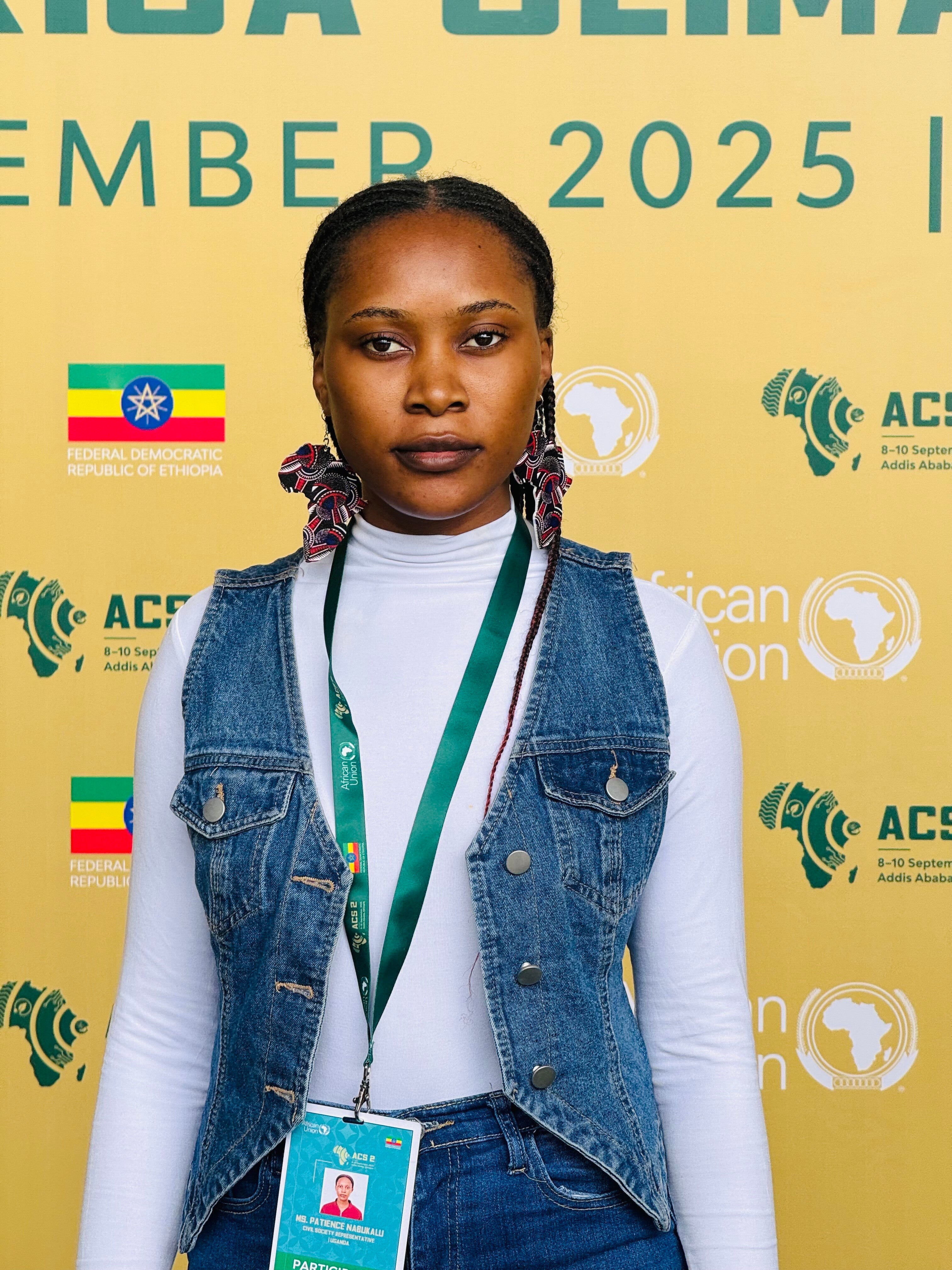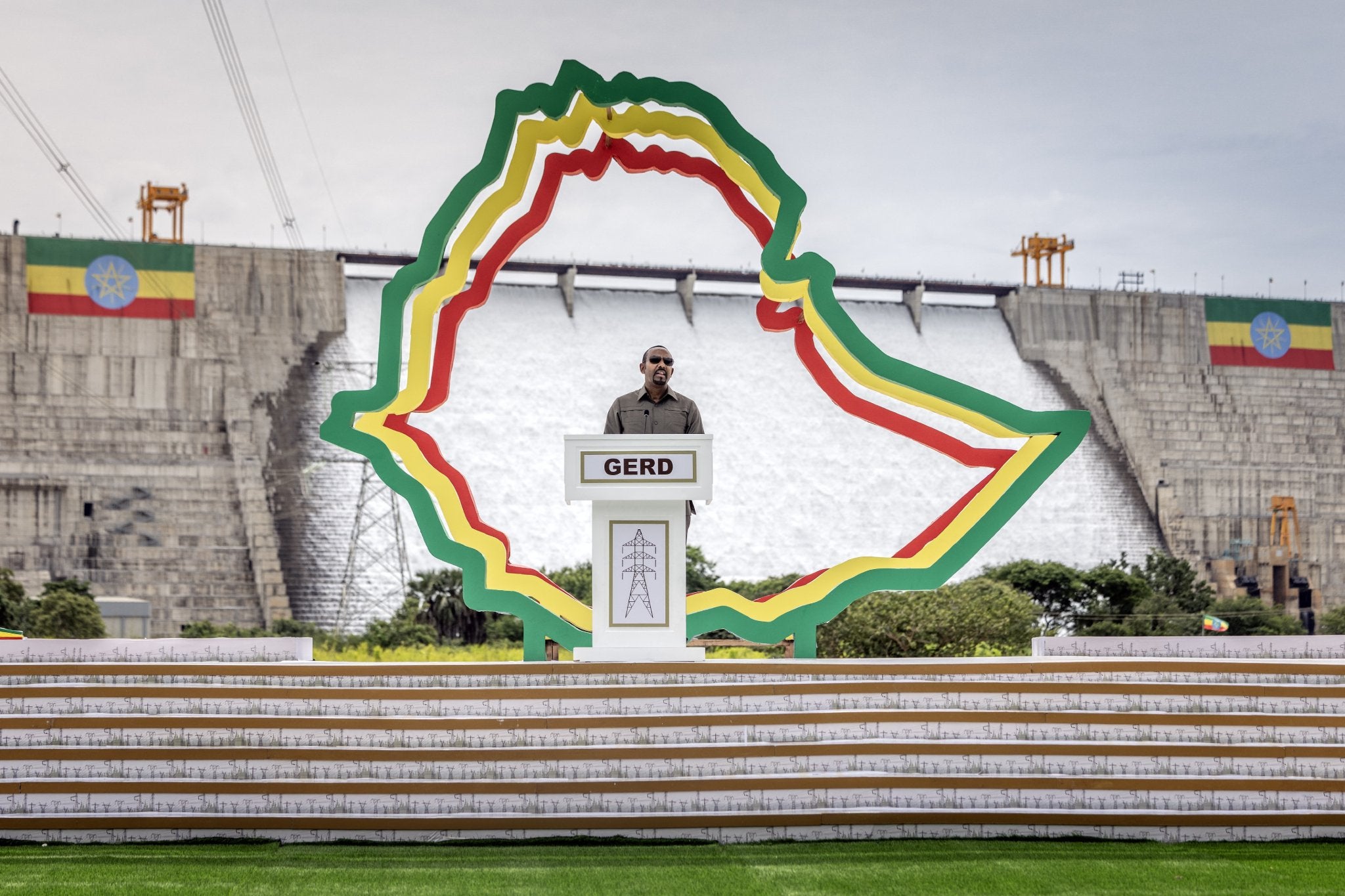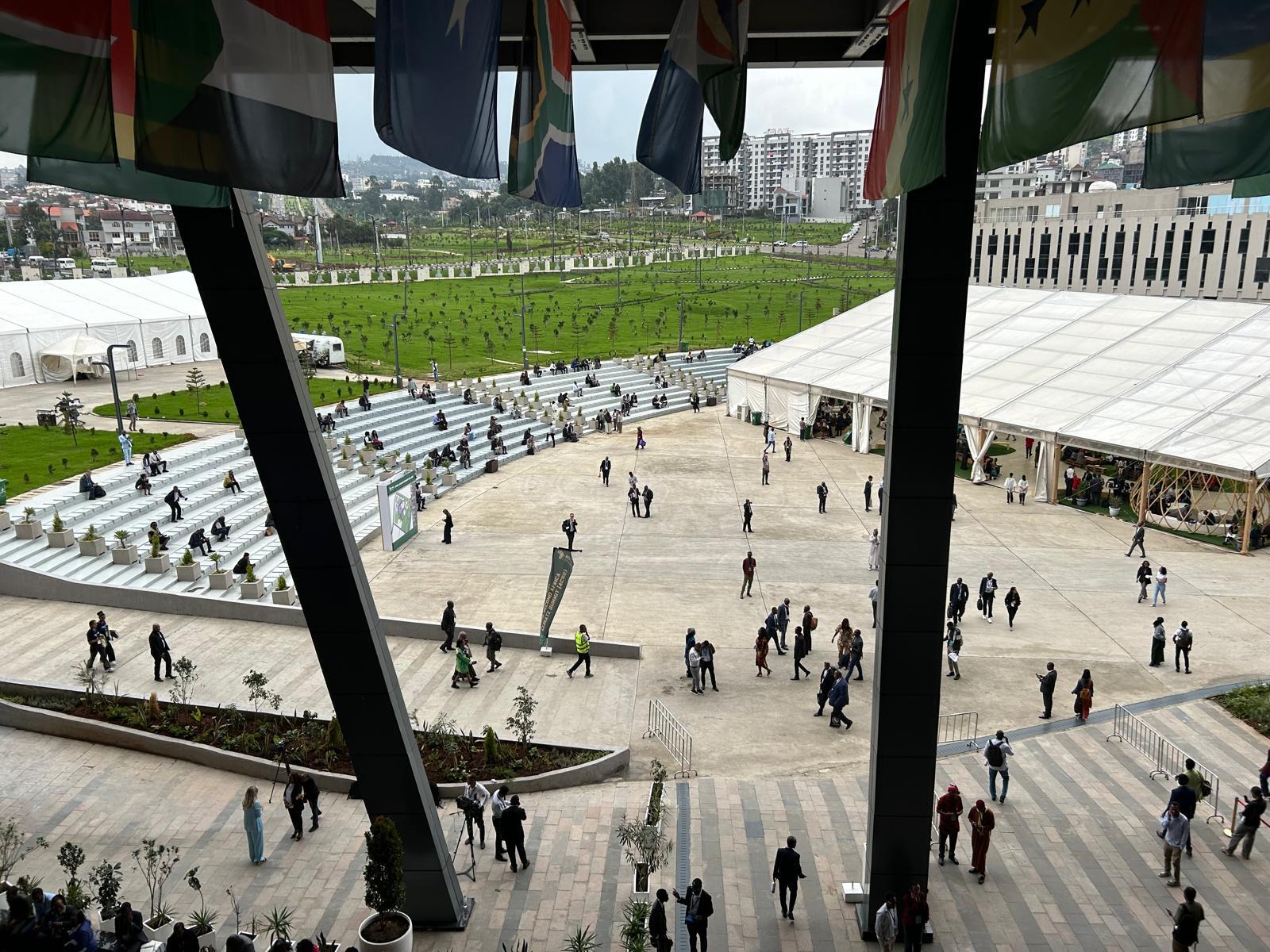Africa’s 54 countries have demonstrated their commitment to serious climate action – despite global cuts to aid and Donald Trump’s fossil fuel agenda –by adopting plans to provide power to 300 million out of the 600 million Africans currently without electricity access, and pushing to make making the continent a “hub for low-carbon manufacturing”.
Dubbed the “Addis Ababa Declaration” – after the venue for the second African Climate Summit – the document also contains several references “demanding”, “urging”, or “stressing” the need for more money from rich countries to help Africa tackle the climate crisis, indicating just how concerned African nations are about their ability to effectively address the ever-escalating threats they are facing.
Published in its final form on the final day of the summit, the declaration represents the position African countries will take at the COP30 climate conference later this year in Brazil –and it has been widely praised by experts for its ambition. “This is an assertive and powerful declaration that not only reinforces Africa’s key demands (such as increased climate finance) but also clearly outlines the frameworks necessary to advance Africa’s own green transformation,” Jodie Keane, principle researcher at think tank ODI Global, told The Independent in Addis Ababa.
“The power of this Summit has been Africa speaking with one voice,” added Olga Petryniak, from the NGO Mercy Corps. “Those most responsible for the climate crisis must honour their commitments through grants and concessional finance, not loans that push Africa deeper into debt.” Mercy Corps is among a number of NGOs that has seen its climate programmes battered this year as a result of cuts to overseas aid.
Another such organisation, ActionAid Ethiopia, said that the summit represents a chance for African countries to begin to move on and take control the narrative. “We are facing up to cuts to our programmes from Western governments that will push millions into poverty,” said Nigus Simane, interim country director for the organisation. “But we don’t want to focus on Africa as a victim. What we are looking for now is solutions from Africa.”

Catholic Relief Services (CRS), which has a particularly large presence in Ethiopia, is another organisation facing up to massive cuts to its climate programmes this year. The NGO told The Independent that it was viewing the summit as a success. “This was a valuable and timely platform for dialogue, learning, and collaboration around Africa’s climate agenda,” said CRS’s Melikte Tadesse. “The summit met our expectations.”
Key announcements made at the summit included African banks signing an agreement to mobilise $100 billion for “green industrialisation”, as well as a major new programme from the European Union to help push renewables on the continent. After leaders from across the African continent appeared on day one of the summit, numbers on the ground in Addis seemed to plummet from day two, after Ethiopian Prime Minister Abiy Ahmed chose it to open the controversial Grand Ethiopian Renaissance Dam, which is Africa’s largest ever hydroelectric power project.
At the dam opening, Mr Abiy announced major new infrastructure projects, including a new nuclear plant, Africa’s largest airport, and two major oil and gas facilities. All arguably at odds with many of the locally-led climate solutions being pushed by NGOs at the summit, But any anger felt at African leaders’ posturing around the summit is nothing compared to the strength of feeling felt towards rich countries over their disproportionate contribution to the climate crisis and their reluctance to fund climate action in Africa.

“The Global North agenda is to drive more and more fossil fuel extraction, which is not at all what Africa needs,” said Patience Nabukalu, a Ugandan activist who is part of a campaign seeking to halt the TotalEnergies-backed East African Oil Pipeline (EACOP) project in her country. “Being here makes me feel optimistic, because we have African countries looking for African solutions.”
Emmaqulate Kemunto, a regional campaigner for ActionAid International based in Nairobi, added: “The elephant in the room is the billions of dollars in debt repayments that African countries are forced to pay rich countries, when in fact they should be paying us trillions of dollars in climate damages.”
The scale of the summit in Addis Ababa was undoubtedly smaller the previous summit in Nairobi in 2023. Then, the EU sent Ursula von der Leyen to Kenya’s capital, whereas now, her deputy Teresa Ribera appeared. In Nairobi, the then-UK development minister, Andrew Mitchell, was in attendance, while in Addis Ababa, the government was represented by a less senior figure in climate envoy Rachel Kyte.

The FCDO told The Independent that the UK, which has laid out plans to gut its foreign aid programmes this year, had no message for the media at the summit - and at one panel on the future of aid which The Independent attended, Kyte did not appear, despite being on the programme.
But even if global headwinds are blowing away from climate for the time being, the fact that this summit happened, and Africa’s clamour for climate action remains loud, is significant. “I think the fact that this summit has happened at all, and that there is continuity, is a big achievement for the climate movement,” Holy Ranaivozanany, from NGO The Africa-Europe Foundation, told The Independent. “There is momentum, and now what matters is how Africa leverages that momentum heading into COP.”
This article was produced as part of The Independent’s Rethinking Global Aid project
Africa’s climate summit is fighting back against Trump’s fossil fuel agenda
A Jamaican man deported by the US to Eswatini has been repatriated, authorities say
Cardi B replaces The Weeknd at the 2025 Global Citizen Festival
More than 62,700 people died in Europe from heat-related causes in the last year
Storm in your teacup: How the climate crisis threatens Kenya’s tea trade
Floods force 100,000 out of their homes – and the water in this city is still rising







